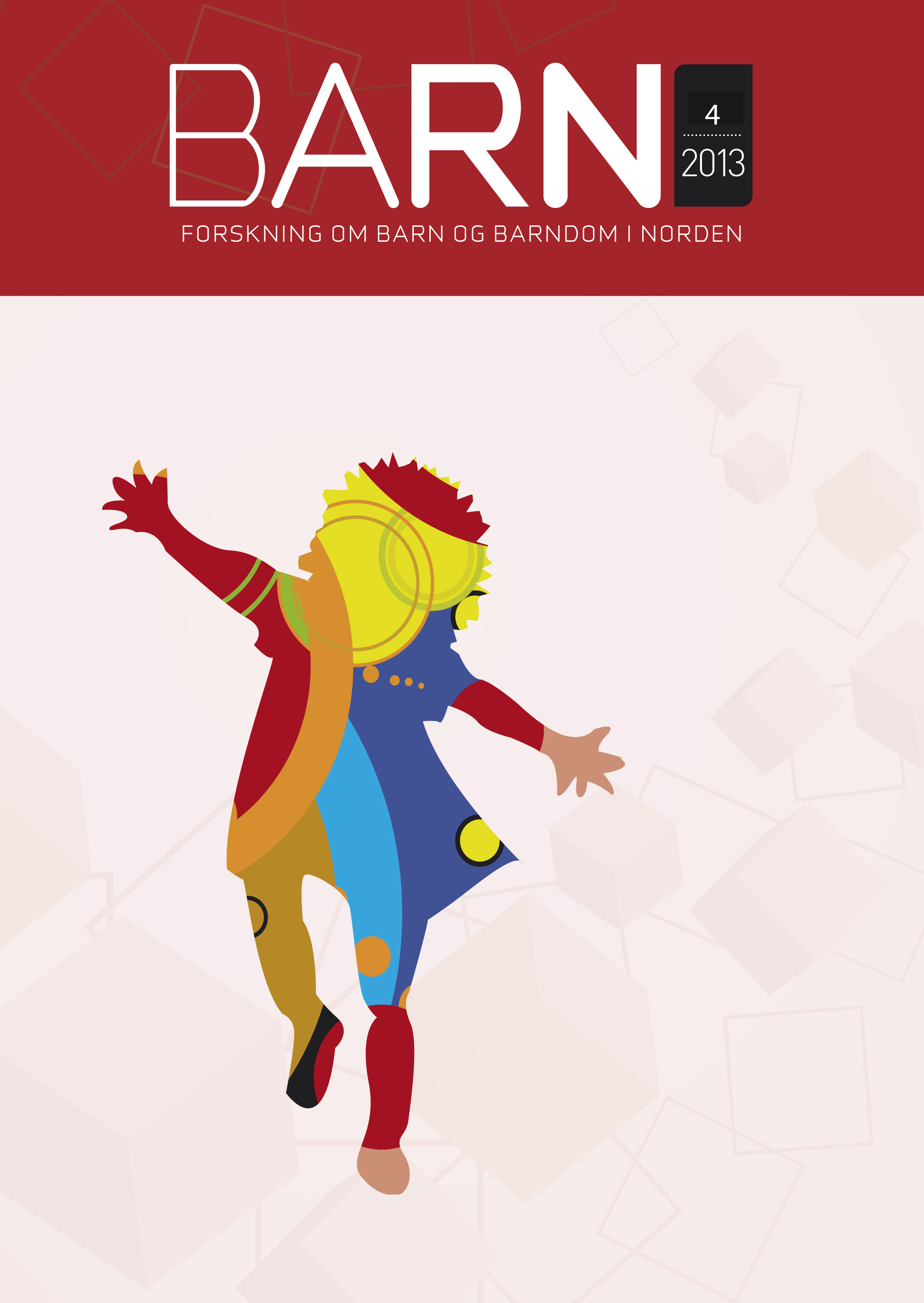The School-Family Relationship in Socially Divided Swedish Lower Secondary Schools
Sammendrag
This article examines the school-family relationship in order to understand what significance the family has for teachers, students, and head teachers. Drawing on theory by Reay (2004), this article deploys family and school habitus to analyse two Swedish lower-secondary schools with different social structures. The data consist of interviews and observations. Results indicate that one of the schools has a compatible habitus – that is, similar values among its families about education – which simplifies the relationship and allows it to be used to strengthen and develop school practices. The other school has a diverse habitus – that is, different values among its families about education. Therefore an equal relationship is more difficult to facilitate, because the families have different abilities to take on this responsibility. This article concludes that developing a pedagogy that fully integrates and acknowledges students’ ideas and life experiences is a potential force to change a school’s habitus, diminish the importance of the family habitus in schooling, and ensure that students receive equivalent education.
Fulltekst
Publisert
Hvordan sitere
Utgave
Seksjon
Lisens
Opphavsrett (c) 2020 Pär Isling Poromaa

Dette verket er lisensiert under en Navngivelse 4.0 Internasjonal-lisens.


